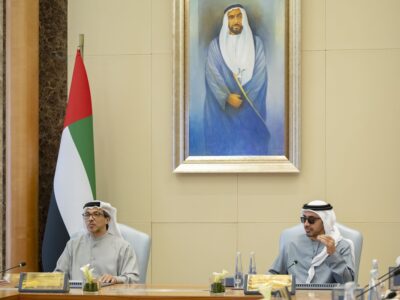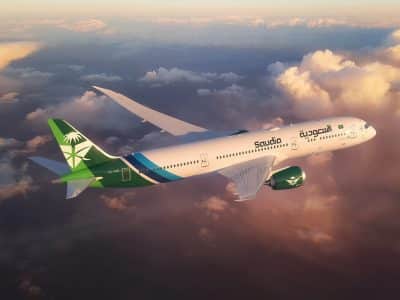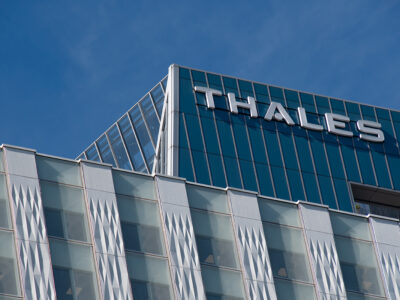Saudi Arabia is poised to announce a massive privatisation of its water industry, Arabian Business can reveal.
The groundbreaking move, due to be announced this weekend, signals a big step towards liberalisation of the country’s economy ahead of its World Trade Organisation acession in December.
The World Trade Organisation has approved the Gulf kingdom’s application for membership last week after 12 years of talks.
The world’s largest oil exporter will become the 149th member of the WTO in 30 days’ time.
The country will need to adopt the entire body of WTO legislation, a process that involves liberalisation of currently restricted sectors.
Saudi Arabia must open its long protected economy to the outside world, including to fellow WTO member Israel.
“Saudi Arabia believes in free trade and is moving towards a free economy,” said Khalid Al Zamil, director of top Saudi industrial conglomorate the Zamil Group.
Al Zamil said Saudi Arabia’s had been taking steps to liberalise its economy in the last couple of years, citing the opening up of its electricity and airline sectors.
“It should be good news for consumers, as in many places, when competition comes in, prices go down,” Al Zamil said.
The range of activities targeted in the privitisation include water and drainage, saline water conversion, air transport and aviation services, railways, roads, seaport services, postal services, municipal services such as cleaning and waste disposal and collection of revenues, building schools, printing of educational books and the management of social welfare organisations, health facilities including some hospitals, government-owned hotels and the future railway network.
The Kingdom’s Saline Water Conversion Corporation has revealed that it is seeking financial, technical and legal advisors to develop a strategy to privatise the state-owned company as early as 2008.
There is a particular focus on power development given the kingdom’s requirement for an additional 20,000 megawatts of generating capacity by 2010 to cope with the growth in demand for electricity rising by 4.5% a year. In 2001, the government set up a regulator to oversee the electricity sector as a step towards opening up the power sector to private investment.
As a result, independent power and water projects are being discussed for projected plants at Shuaiba and Jubail. Saudi Electricity Company and SWCC are jointly promoting the Shuaiba project in which the successful bidder is expected to have a 60% stake.
The sale of 30% of the state telecommunications operator Saudi Telecom in an initial public offering at the end of 2002 that represented the first big step in the government’s ambitious plans in which some 20 major economic sectors will be opened up for private sector participation.
The new east-west railway land-bridge project to link Jeddah and Dammam is designed to be carried out as a build-own-operate private sector venture, while the assets and staff of the existing Saudi Railways Organisation will be transferred to whatever consortium takes up the BOT opportunity.
Figures from the Saudi Arabia General Investment Authority show a dramatic increase in the number of licences issued to international and domestic projects in the first quarter of 2005 involving ventures valued at US$6.4 billion. According to SAGIA’s governor Amr Al Dabbagh, this is an 800%-plus increase on the same period of last year.
Privatisation is pivotal to the strategy of attracting foreign direct investment. During his recent visit to the US, Khalid Ibn Musaaed Al Saif, chairman of the international trade development committee of the Council of Saudi Chambers of Commerce and Industry, said that the government intends to divest control of state-run corporations and institutions with a total value of US$800 billion within the next 10 years.
After a hesitant start, the process is clearly beginning to accelerate. Ettihad Etisalat, Saudi Arabia’s second mobile phone service, is expected to start operations by the end of June, while a new fixed-line licence is expected to be awarded by the Saudi telecoms regulator, the Communications and Information Technology Commission, in 18 months’ time.
A legal framework regulating civil aviation and Saudi airspace has also been drawn up and debated by the Consultative Council this year which could soon see private commercial airlines licensed to compete with state-owned Saudi Arabian Airlines on domestic routes.
Saudi Arabian Airlines own privatisation process is beginning to take off, according to the carrier’s director-general Dr. Khaled Ben-Bakr. The process is currently focused on transforming non-core units including catering, ground handling services and maintenance as well as the Prince Sultan Flight Academy in Jeddah into commercial units and profit centres.







